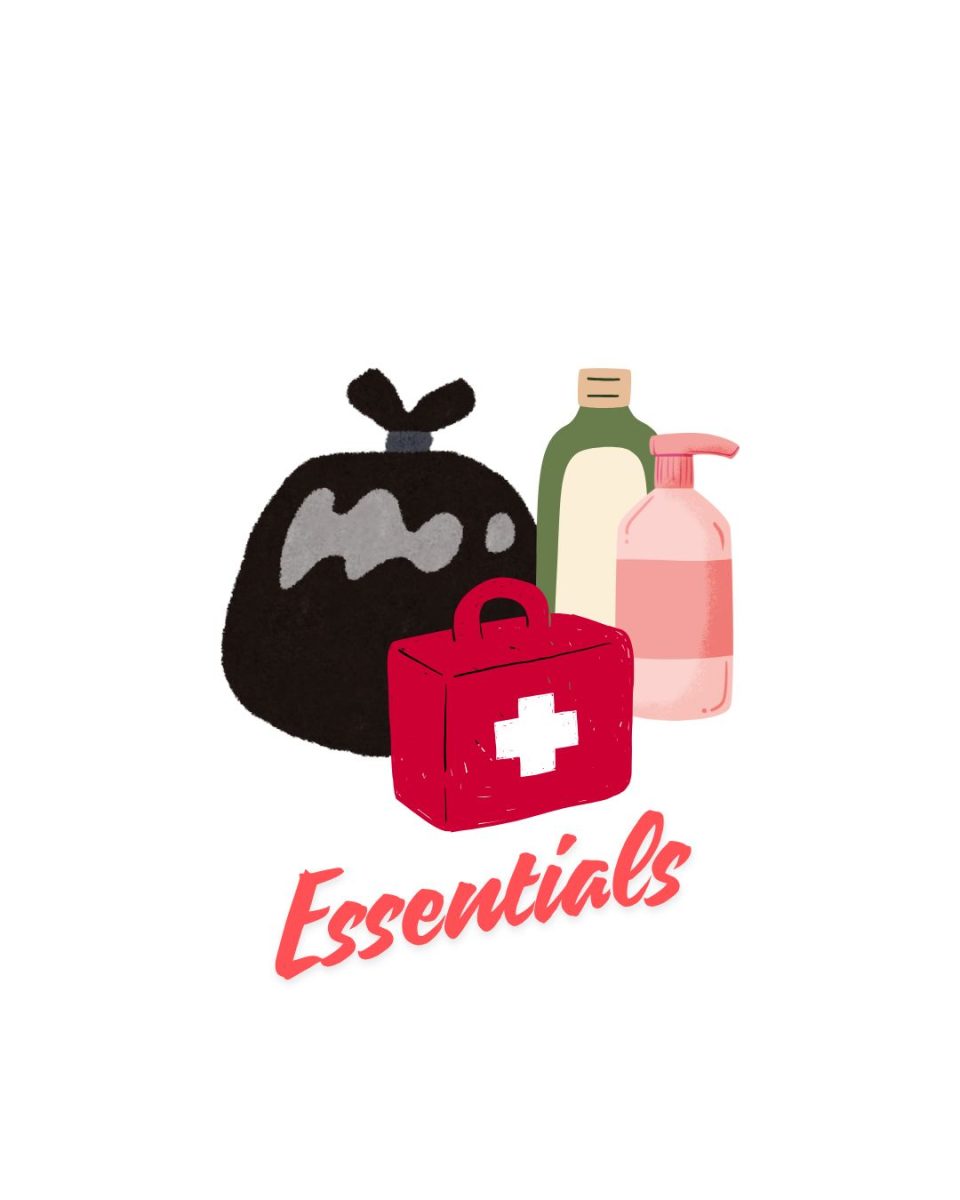If you’ve spent any amount of time reading online news in the past year, you’ve likely heard of Dr. Jordan Peterson. If you haven’t, you should probably fix that.
A Canadian clinical psychologist, Peterson gained notoriety in 2016 for his refusal to follow a Canadian law requiring citizens to refer to transgender people by the gender with which they identify. Even though he does use proper pronouns in conversation, he declared the bill a violation of free speech and has been the subject of widespread debate ever since.
His most recent claim to fame is his appearance on Channel 4 News, in which he was interviewed by Cathy Newman in one of the most embarrassing debates ever televised. It’s a must-see for anyone who wants to become a journalist because it provides excellent examples of exactly what not to do when interviewing someone smarter than you.
Peterson’s latest book, “12 Rules for Life: An Antidote to Chaos,” is structured as a series of essays explaining the best methods by which one can achieve personal success. The number one bestseller that knocked Michael Wolff’s “Fire and Fury” off the top of the nonfiction charts, “12 Rules for Life” is intended as an answer to the question “What are the most valuable things everyone should know?”
Don’t misunderstand: this isn’t “How to Win Friends and Influence People.” While some chapters have fairly mundane self-help titles like “Tell the truth — or, at least, don’t lie” and “Treat yourself like someone you are responsible for helping,” others are less concrete and more abstract, like “Pet a cat when you encounter one on the street” and “Do not bother children when they are skateboarding.” They’re not quirky for the sake of being quirky, but a jumping-off point for serious discussions on social hierarchy, interpersonal relationships, and the modern lack of respect for Western values.
Peterson doesn’t come across as optimistic. He doesn’t sugarcoat the foundation of his viewpoint, which boils down to “life is full of suffering,” and maintains that the individual must combat the obstacles that life places in front of them. A person’s goal should be meaning, not happiness, because “if happiness is the purpose of life,” the sadness endemic to their lives will make them “a failure.”
If you’re a liberal and want to understand why conservatives believe in the things they do, or if you just want to give self-improvement a shot, I suggest you crack this one open and give it a read because it does an excellent job of turning complex issues into easily digestible reading material. The book is a medicine for the depressing nihilism that we’ve adopted since 2016 when battle lines were drawn between opposing schools of thought and “the other” was considered by both sides to be irredeemably evil. Consider opening your mind and trying out Dr. Peterson’s philosophy.
For questions/comments about this story, email [email protected] or tweet @thewhitonline.
























































































































































!["Working with [Dr. Lynch] is always a learning experience for me. She is a treasure,” said Thomas. - Staff Writer / Kacie Scibilia](https://thewhitonline.com/wp-content/uploads/2025/04/choir-1-1200x694.jpg)








































